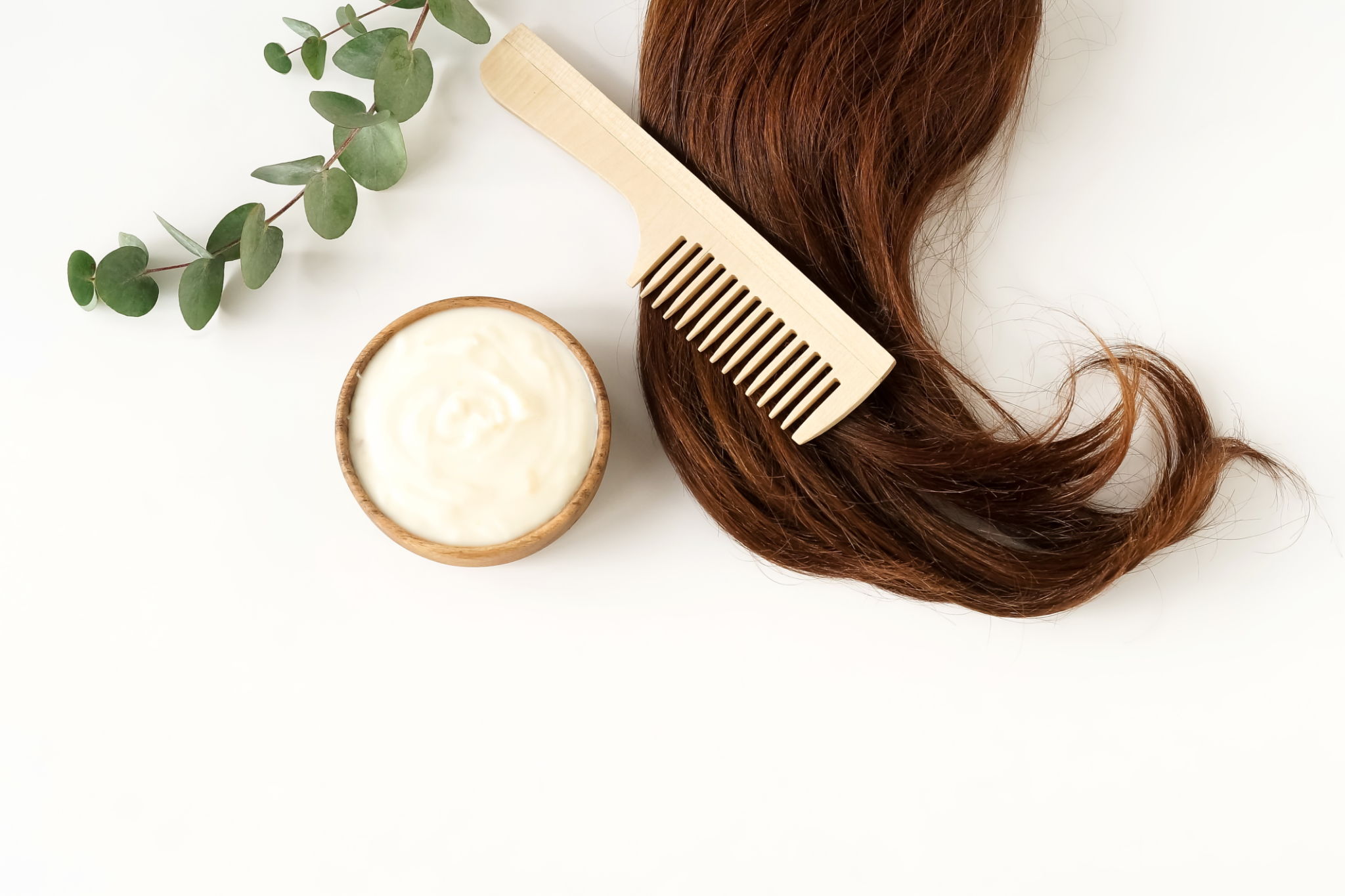How Caregivers Can Support Ethnic Hair and Skin Care for Foster Youth
Understanding the Importance of Ethnic Hair and Skin Care
Foster youth from diverse ethnic backgrounds often have unique hair and skin care needs that can differ greatly from those of other cultural groups. As a caregiver, it's crucial to understand these needs to provide the best possible support. Learning about ethnic hair and skin care is not only about maintaining physical health but also about nurturing the youth's cultural identity and self-esteem.

Hair and skin are deeply connected to cultural identity, and taking proper care of them can help foster youth feel more comfortable and confident in their own skin. This is an important aspect of their overall well-being, particularly in a foster care setting where they may already feel disconnected from their roots.
Educate Yourself on Hair Types and Textures
One of the first steps in supporting ethnic hair care is to educate yourself on different hair types and textures. African American, Hispanic, and other ethnic groups often have curly or coily hair types that require specific care routines. Understanding the differences between 1A (straight) to 4C (coily) hair types can guide you in choosing the right products and techniques.
For example, curly and coily hair types generally benefit from moisturizing shampoos and conditioners, as well as leave-in treatments that help retain moisture. Regularly detangling the hair with a wide-tooth comb can also prevent breakage and keep the hair healthy.
Choosing the Right Hair Care Products
Using the right hair care products is essential for maintaining healthy ethnic hair. Look for products that are free from harsh chemicals such as sulfates and parabens, as these can strip the hair of its natural oils. Instead, opt for products rich in natural oils like coconut oil, shea butter, or argan oil, which help nourish and protect the hair.

If you're unsure which products to choose, consider consulting with a hairstylist who specializes in ethnic hair. They can provide personalized recommendations and even teach you how to style the hair appropriately.
Understanding Ethnic Skin Care Needs
Similar to hair, ethnic skin can have unique characteristics that require special attention. For instance, darker skin tones may have a higher melanin content, which offers some natural protection against UV rays but can also be prone to hyperpigmentation and other issues.
Establishing a Skin Care Routine
A proper skin care routine is essential for maintaining healthy skin. Encourage the youth to follow a daily regimen that includes cleansing, moisturizing, and applying sunscreen. Moisturizers with ingredients like hyaluronic acid, glycerin, or aloe vera can help keep the skin hydrated and supple.

It's also important to address any specific concerns such as acne or eczema with appropriate treatments. Consulting a dermatologist who understands ethnic skin can provide valuable insights and tailored recommendations.
Promoting Cultural Identity
Providing support in hair and skin care is also an opportunity to promote cultural identity. Encourage foster youth to embrace their natural beauty and learn about traditional grooming practices from their culture. This could involve using specific oils or treatments passed down through generations or exploring hairstyles that carry cultural significance.
By fostering a positive relationship with their appearance, caregivers can help youth develop self-confidence and a stronger sense of identity. This support can be incredibly empowering for foster youth as they navigate their personal growth journey.
